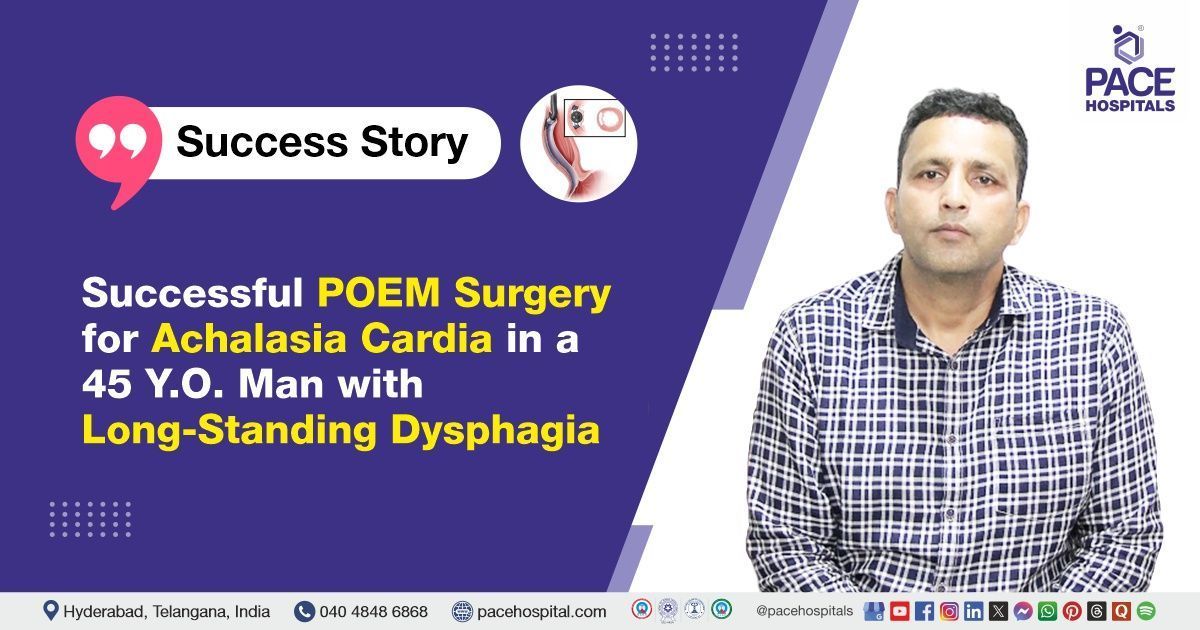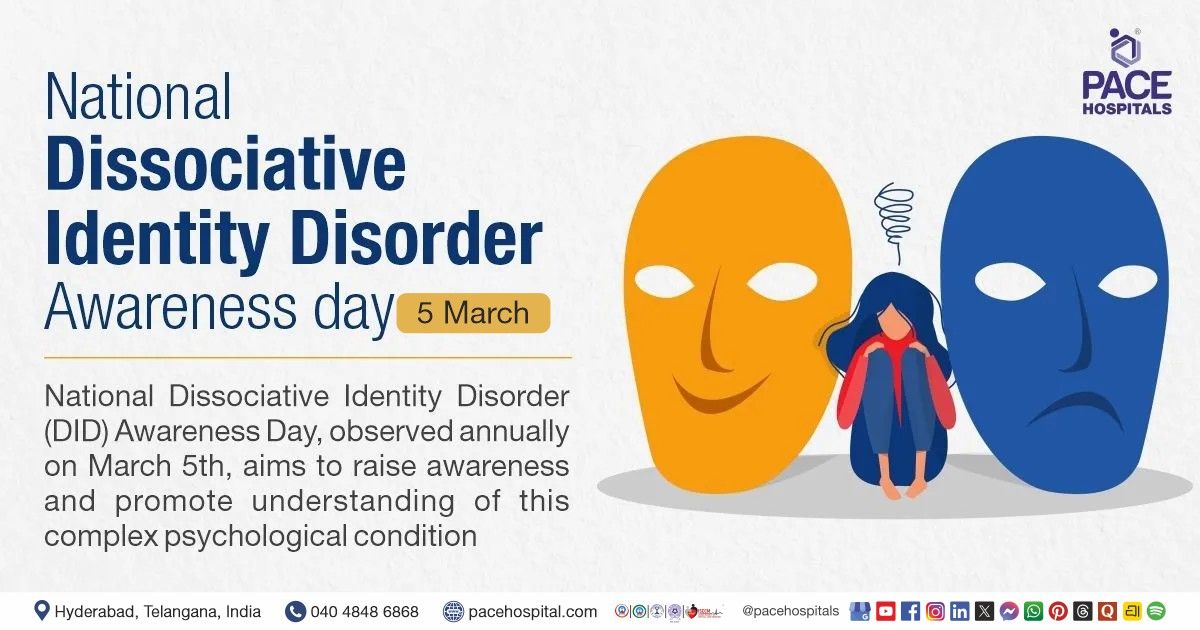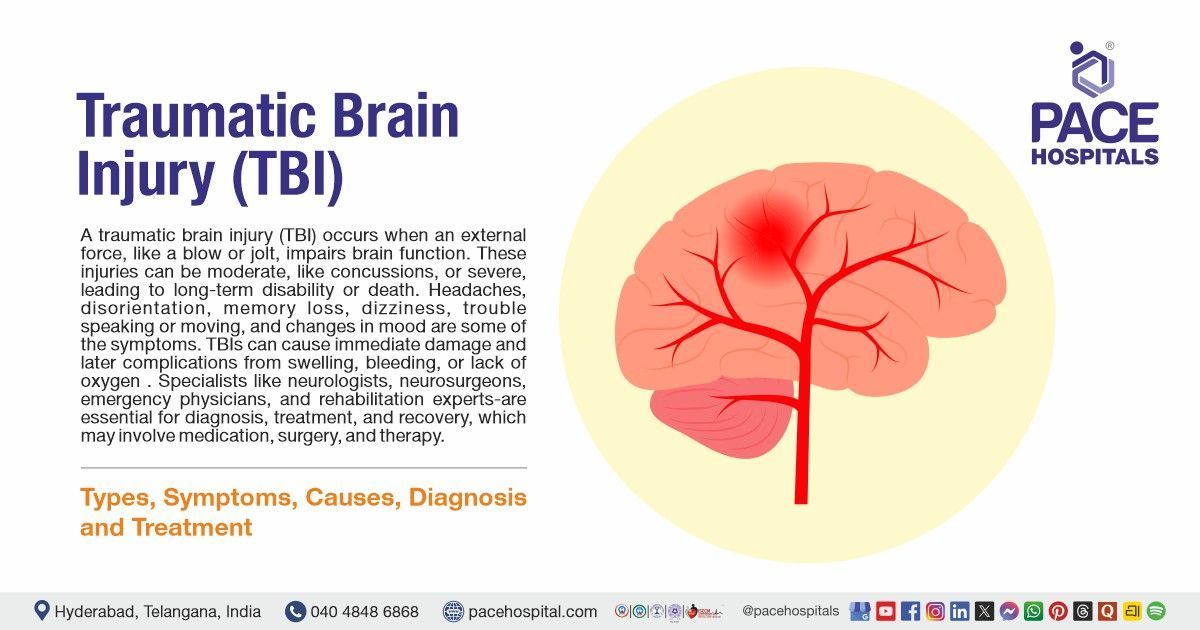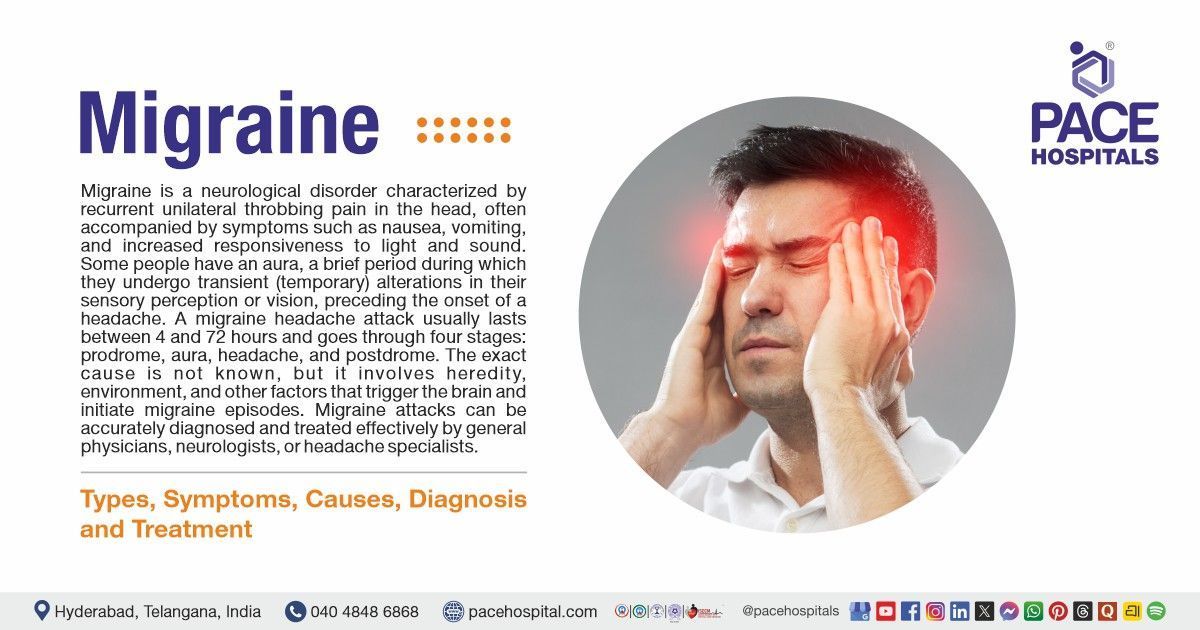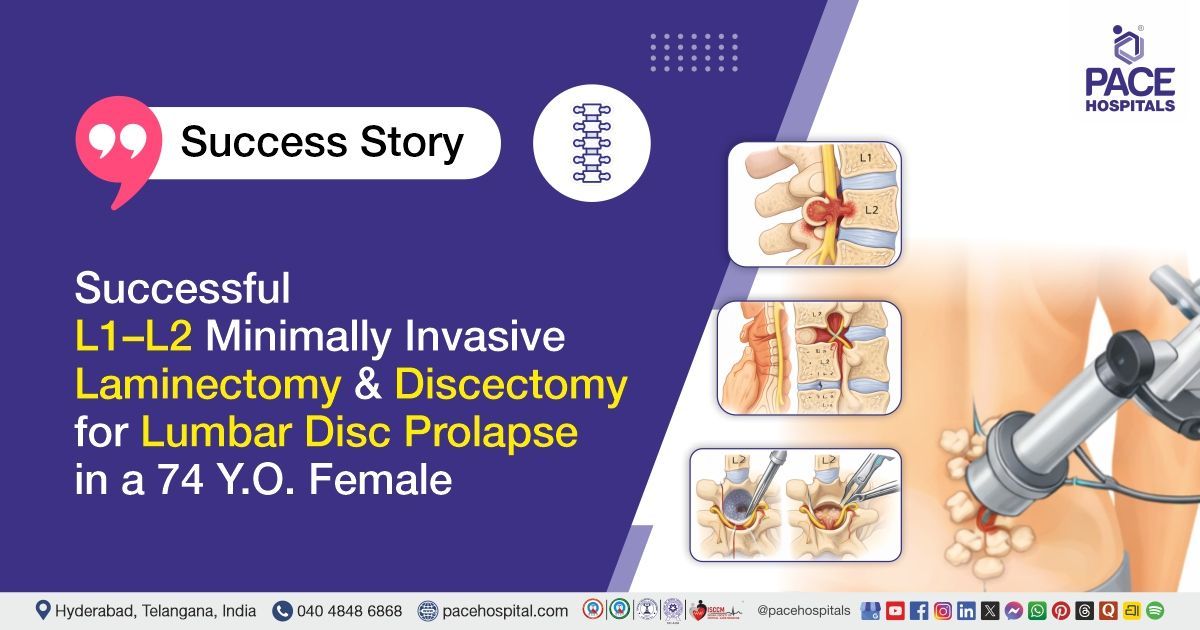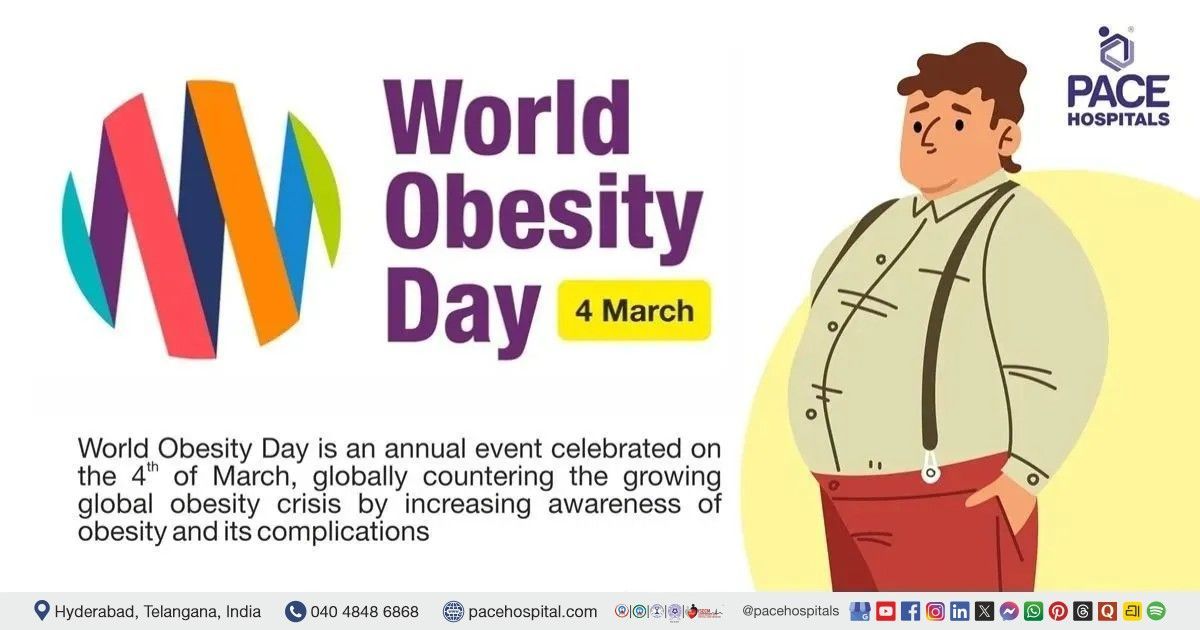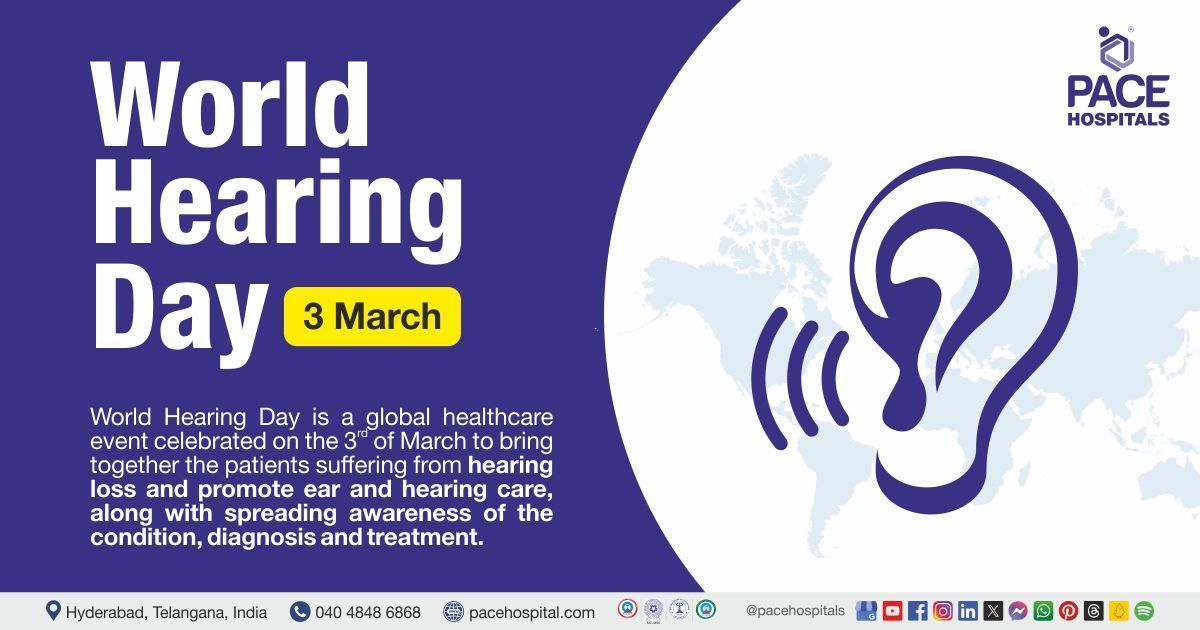Successful POEM Surgery for Achalasia Cardia in a 45-Year-Old Man with Long-Standing Dysphagia
PACE Hospitals
The PACE Hospitals' expert gastroenterologist team successfully performed a Peroral Endoscopic Myotomy (POEM) on a 45-year-old male patient diagnosed with achalasia cardia, who had been presented with difficulty in swallowing liquids and solids for the past few months, along with intermittent nocturnal cough. The procedure resulted in a notable improvement in his swallowing ability and enhanced the patient’s overall functional recovery and quality of life.
Chief Complaints
A 45 years old male patient with a
Body Mass Index (BMI) of 18.0 presented to the Gastroenterology Department at
PACE Hospitals, Hitech City, Hyderabad, with complaints of difficulty in swallowing liquids and solids for the past few months, intermittent nocturnal cough, and weight loss of 9 kg over 4 months. These symptoms had gradually worsened over time, significantly affecting his nutritional intake and overall quality of life.
Medical History
The patient is a well-known case of
hypothyroidism and has been on regular medication. His thyroid condition was well-controlled with the consistent use of prescribed therapy. There were no recent changes in his thyroid function or medication regimen. However, despite a stable thyroid status, he experienced progressive symptoms suggestive of an underlying gastrointestinal condition, prompting further evaluation.
On Examination
Upon admission to PACE Hospitals, the patient was hemodynamically stable. General examination revealed that he was moderately built and nourished, with no signs of systemic illness. Cardiovascular and respiratory examinations revealed no relevant abnormalities., with normal heart sounds (S1, S2) and adequate bilateral air entry.
Diagnosis
Following admission to PACE Hospitals, the patient underwent a comprehensive evaluation, including a detailed review of his medical history and a thorough clinical examination by the gastroenterology team. Based on his presenting symptoms, there was a strong clinical suspicion of an esophageal motility disorder, specifically achalasia cardia, given his difficulty in swallowing liquids and solids for the past few months, nocturnal cough (intermittently) and a weight loss of 9 kgs in 4 months.
This prompted the decision to proceed with further diagnostic work-up, which confirmed the need for a Minimally Invasive Procedure for Achalasia Cardia.
Diagnostic evaluations, including upper gastrointestinal endoscopy (UGI), revealed mild resistance at the gastroesophageal (GE) junction, erosive gastritis, and Kodsi Grade A esophageal candidiasis. These findings, along with clinical symptoms, supported the diagnosis of Achalasia Cardia, a motility disorder characterized by impaired relaxation of the lower esophageal sphincter, and guided the medical team in planning appropriate treatment.
Based on the confirmed findings, the patient was advised to undergo Achalasia Cardia Treatment in Hyderabad, India, under the expert care of the Gastroenterology Department.
Medical Decision-Making (MDM)
After a thorough consultation with the consultant gastroenterologists, Dr. Govind R Verma, Dr. Sudhir, Dr. Padma Priya, and cross-consultants Dr. Lakshmi Kumar, Dr. Tripti, Dr. Sashi Janjirala, a comprehensive evaluation was conducted to determine the most appropriate diagnostic and therapeutic approach for the patient. The multidisciplinary team collaborated to address the patient’s complex clinical presentation, ensuring a well-rounded treatment plan tailored to his condition.
Based on their expert assessment, it was concluded that Peroral Endoscopic Myotomy (POEM) would be the most effective procedure to address the patient's condition.
The patient and his family were thoroughly counseled regarding his condition, the planned surgical procedure (Peroral Endoscopic Myotomy), its potential risks, and the necessity of the intervention in order to relieve his symptoms and improve his quality of life.
Surgical Procedure
Following the decision, the patient was scheduled for Peroral Endoscopic Myotomy (POEM) Surgery in Hyderabad at PACE Hospitals, under the expert care of the Gastroenterology Department.
After a thorough pre-anesthetic assessment, cardiology clearance, and obtaining informed consent, the patient underwent a Peroral Endoscopic Myotomy (POEM) under general anesthesia. During the procedure, an endoscope was carefully advanced through the mouth into the esophagus, and a submucosal tunnel was created to access the lower esophageal sphincter. The muscle fibers of the sphincter were then selectively divided to relieve the functional obstruction.
The surgery was successfully completed without any complications. Afterward, the patient was closely monitored to support a stable recovery.
Postoperative Care
The postoperative recovery was uneventful, with no signs of infection or complications, and the patient remained stable. After the procedure, an oral Gastrograffin study was performed, which showed no retention of contrast, indicating successful relief of the obstruction and proper passage of contents through the gastroesophageal junction.
Postoperatively, he received intravenous fluids, antibiotics, and supportive care to promote healing and prevent infection. He showed steady improvement and was discharged in a hemodynamically stable condition, with appropriate follow-up plans.
Discharge Medications
At discharge, the patient was prescribed a course of antibiotics to prevent infection, proton pump inhibitors to reduce gastric acid secretion and promote healing, gastroprokinetic agents to enhance gastrointestinal motility, nutritional supplements to support recovery and improve his nutritional status, and other supportive medications as needed. Additionally, he was advised to continue his thyroid medication to manage his hypothyroidism effectively.
Dietary Advice
The patient was advised to follow a liquid diet for the first five days post-procedure, followed by a pureed diet for the next five days, and then to progress to a soft diet for an additional five days.
Emergency Care
The patient was informed to contact the Emergency ward at PACE Hospitals in case of any emergency or development of symptoms like fever, abdominal pain, or vomiting.
Review and Follow-up Notes
The patient was also advised to return for a follow-up visit with the Gastroenterologist in Hyderabad at PACE Hospitals, after 6 weeks to review his condition.
Conclusion
This case demonstrates the success of Peroral Endoscopic Myotomy (POEM) in treating achalasia cardia, resulting in substantial symptom improvement and an enhanced quality of life.
The Essential Role of High-Resolution Manometry in Achalasia Cardia Diagnosis
High-resolution esophageal manometry (HREM) is considered the gold standard by gastroenterologist/gastroenterology doctor for diagnosing achalasia cardia, an esophageal motility disorder characterized by impaired relaxation of the lower esophageal sphincter and absence of peristalsis. HREM offers detailed pressure mapping of the esophagus, enabling precise assessment of esophageal function and accurate identification of achalasia subtypes. Compared to traditional manometry, HREM provides more comprehensive pressure data, leading to improved diagnosis and classification of achalasia. This advanced technique allows tailoring treatment strategies based on the specific subtype of achalasia, thereby improving patient outcomes. Additionally, HREM helps monitor treatment effectiveness and detect any residual or recurrent motility issues over time.
Share on
Request an appointment
Fill in the appointment form or call us instantly to book a confirmed appointment with our super specialist at 04048486868

